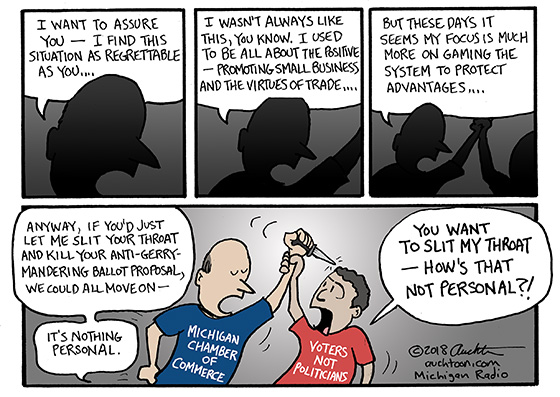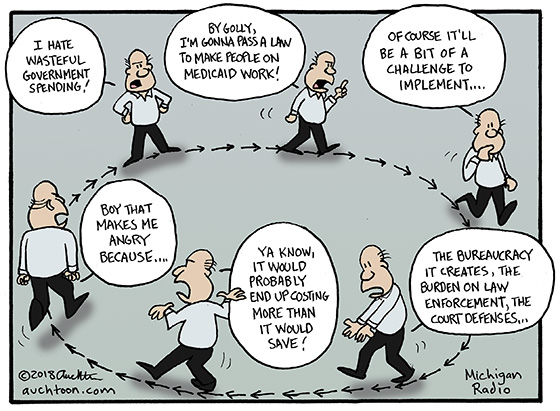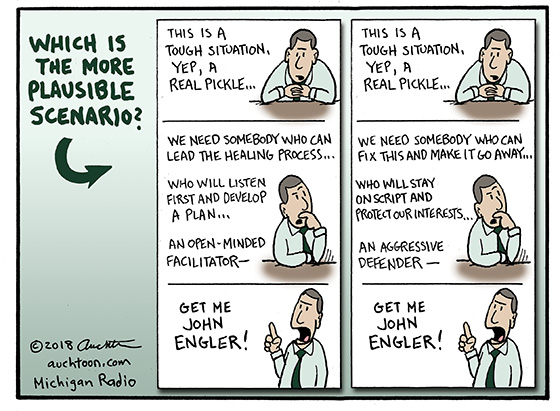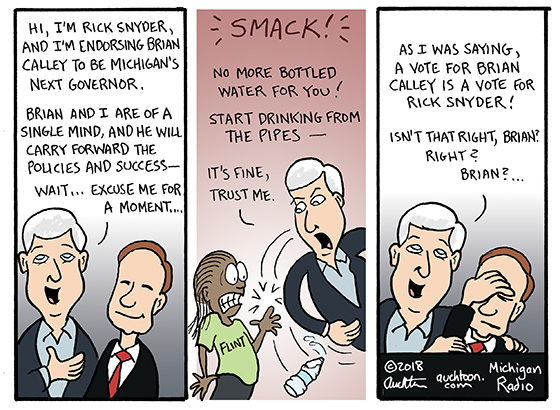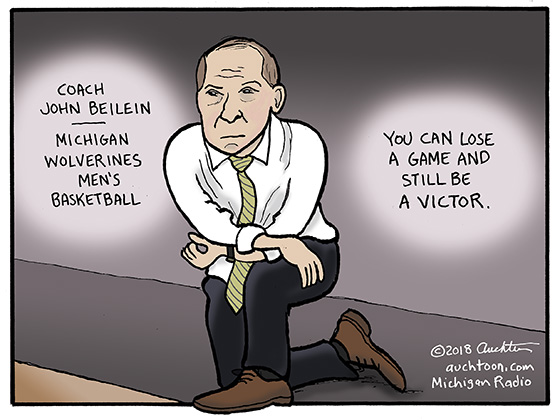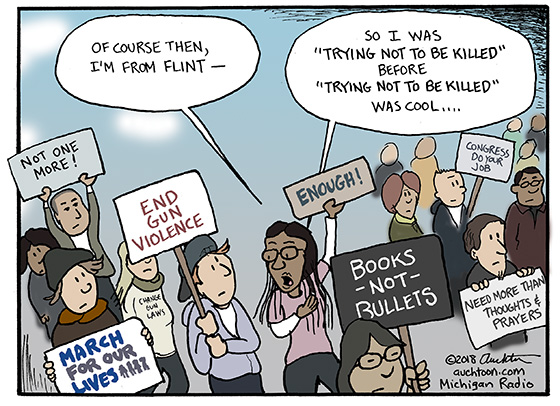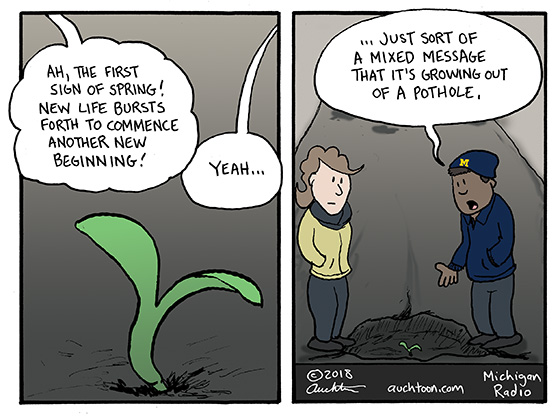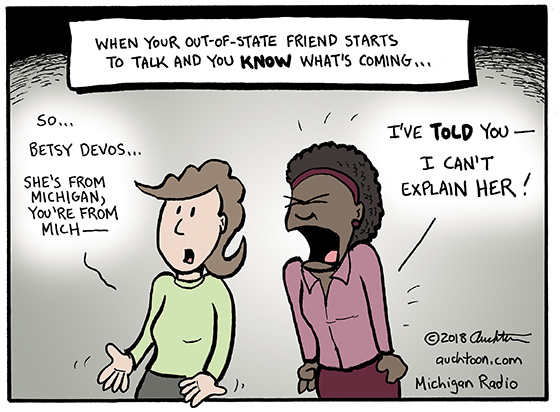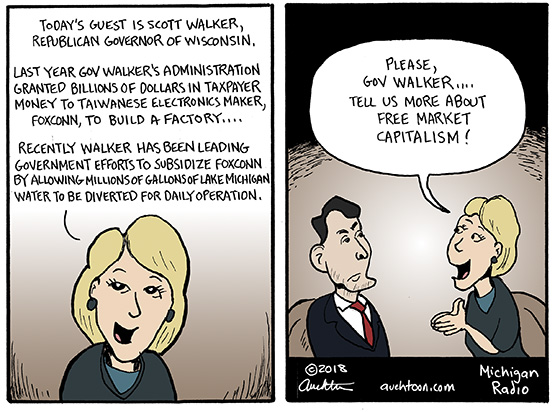Just Trying to Kill You — Nothing Personal
I may have gone a bit deep into the weeds on this one, but if you hang with me a minute, I do have an actual point.
There has been a growing dissatisfaction in Michigan regarding how our state and federal voting districts are decided. Currently, the majority party gets to draw the maps and as you can imagine, that party has taken advantage to create districts that disproportionately favor itself. This is known as gerrymandering, and in Michigan’s case, it’s the Republican party taking advantage. (In other states, like Maryland, it’s Democrats.)
Because the Republican-dominated state legislature has had no incentive to address this issue (other than, you know, actually doing its job), a grass-roots group called Voters Not Politicians was created to find a solution. Over the past few months, they have collected signatures to get a proposal on the November 2018 ballot that would make redistricting fair, impartial, and transparent. They have collected well over the minimum number of signatures to qualify, so it’s moving forward. But not without a challenge.
It seems the Michigan Chamber of Commerce has a political action committee (PAC) called Chamber PAC II, which has made contributions to an affiliated PAC called Citizens Protecting Michigan’s Constitution, which is opposing the Voters Not Politicians efforts because (ostensibly) they feel a ballot proposal is not the right way to amend the Michigan Constitution. And then this week there were some additional shenanigans with the Detroit Free Press reporting that Embridge Energy has made significant and timely contributions the Chamber Pac II, which brings all sorts of potential environmental questions into it.
See what I mean? Weeds.
But my point is: The Michigan Chamber of Commerce clearly has no direct conflict with fair, impartial, and transparent redistricting. It is making the calculation that its influence may be reduced if the new redistricting plan results in less Republicans being elected. That isn’t necessarily true. But even if it turns out that way, the Chamber would still be better served by promoting the value of Michigan commerce instead of trying to game the system.
